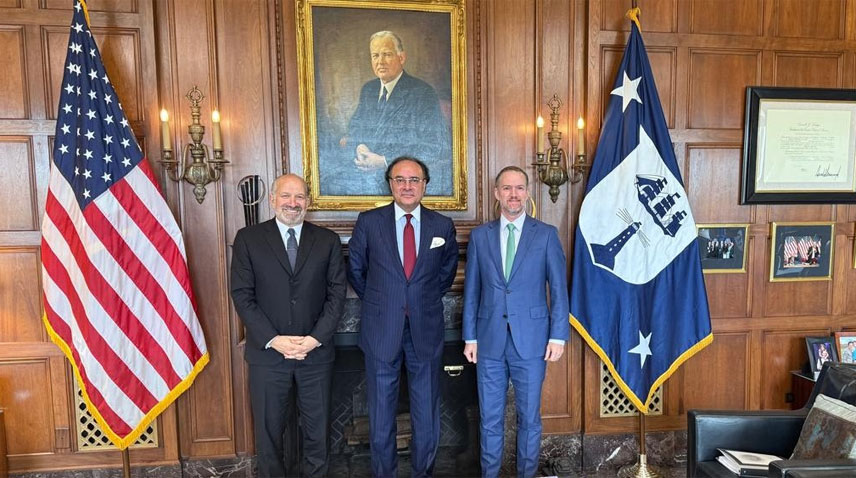Karachi – June 22, 2025: The Pakistan National Shipping Corporation (PNSC) is targeting a significant $700 million boost in freight revenue through the expansion of its environmentally sustainable ‘green fleet’, aligning with global maritime decarbonization trends and the national push for climate-friendly economic growth.
The initiative aims to modernize the state-run shipping giant’s fleet with low-emission vessels, helping Pakistan compete in international shipping markets, reduce its carbon footprint, and tap into new global trade routes with higher environmental compliance standards.
Green Fleet Expansion Plan
The PNSC has outlined a multi-phase plan that includes:
- Acquiring new fuel-efficient ships compliant with the International Maritime Organization’s (IMO) 2030 carbon reduction goals
- Retrofitting existing vessels with cleaner technology and exhaust treatment systems
- Partnering with international shipping consortiums to optimize trade volumes from Europe, Africa, and the Middle East
- Enhancing capacity to cater to Pakistani exports such as textiles, rice, and surgical equipment
“We are investing in sustainability, not just as an ethical choice, but as a competitive necessity,” said a senior PNSC official during a briefing in Karachi.
Pakistan’s Role in Global Maritime Trade
Pakistan’s current shipping capacity remains underutilized, with a large portion of national imports and exports transported via foreign shipping lines. PNSC’s green fleet expansion aims to reverse that trend by increasing the country’s cargo-handling autonomy and freight retention.
According to estimates, the expansion could help Pakistan save millions in freight costs annually and create jobs in port operations, ship maintenance, and maritime engineering.
Climate and Regulatory Compliance
The move also brings PNSC into alignment with global climate agreements, especially after Pakistan committed to cutting 50% of projected emissions by 2030 under its Nationally Determined Contributions (NDCs).
The expanded fleet will adhere to IMO protocols such as:
- Energy Efficiency Design Index (EEDI)
- Carbon Intensity Indicator (CII)
- Use of LNG, low-sulfur fuel, or hybrid systems
Environmental experts say this could open access to green shipping corridors and climate-linked trade incentives offered by the EU and other blocs.
Future Outlook and Challenges
While the outlook is positive, experts caution that success will depend on:
- Timely financing of vessel acquisitions
- Upgrading shipyards and training facilities
- Resolving regulatory red tape and ensuring inter-agency coordination
“PNSC’s green shift is timely. But execution will be key,” said maritime analyst Captain Farooq Ahmed.
#PNSC #GreenFleet #MaritimePakistan #SustainableShipping #PakistanShipping #IMO2030 #EcoFriendlyTrade #BlueEconomy

















